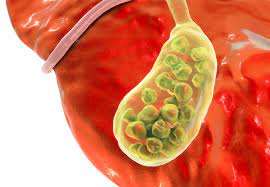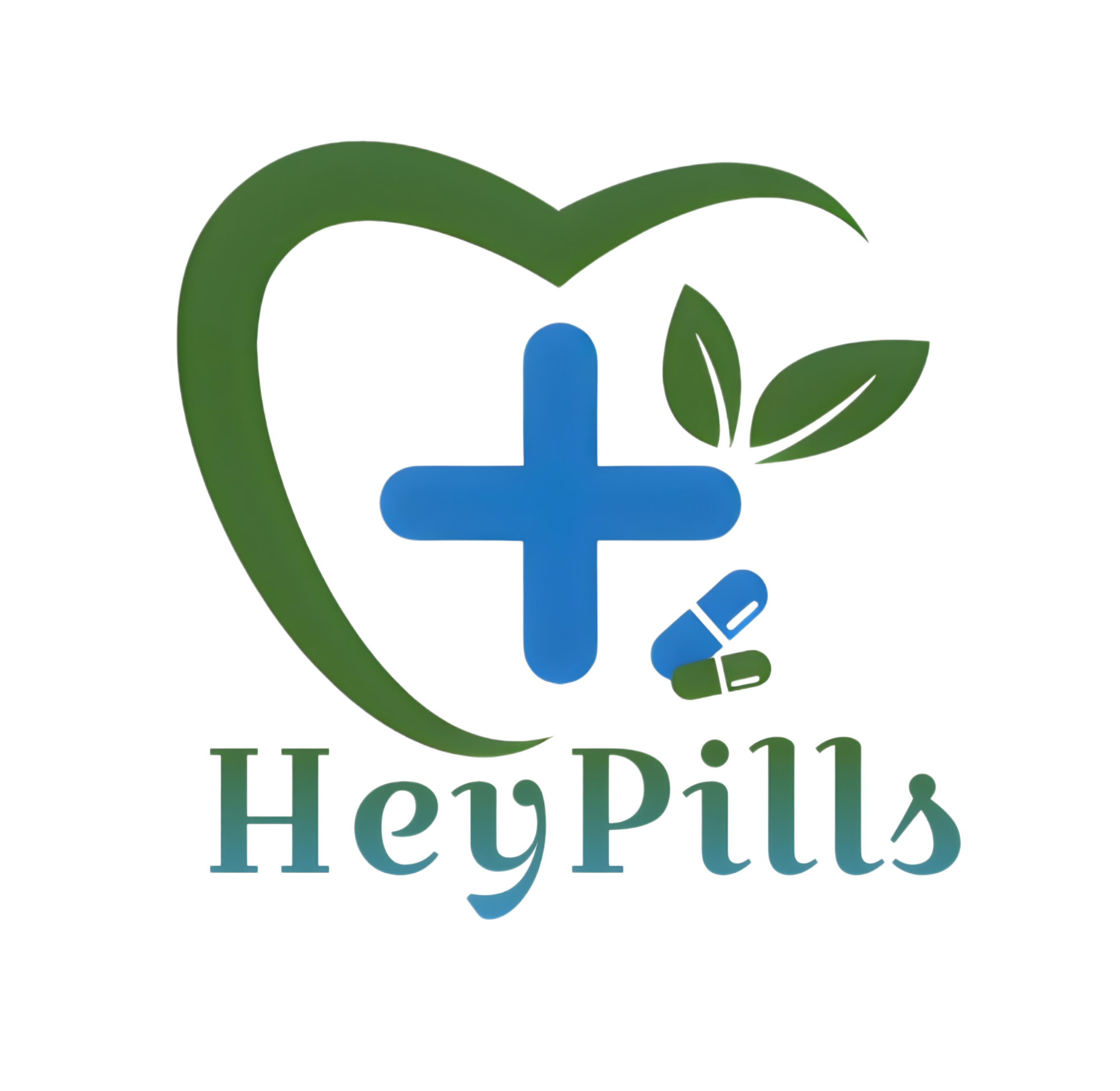Treatment of Gall Bladder Stone at HeyPills involves a specially developed treatment protocol that includes custom-made homeopathic medicines for complete painless recovery without surgery and hospital visits. Meet our specialist today for more details on our specially formulated, Homeopathy treatment of gall-bladder stones.
How To Remove Gallbladder Stone Without Operation?
Gallbladder stones can be removed with Welling Homeopathy treatment.
- Our custom-made Homeopathy medicines for Gall Bladder Stones has helped 6,150 patients since the start of the clinic,
- The Homeopathy treatment for Gall Bladder Stone has cured even the advanced stage Gall Bladder Stones,
- The treatment is non-surgical and needs to hospital visits. Just natural Homeopathy medicines custom-made for you for faster recovery,
- Usually, we see a recovery within 2-3 months, with 12-18 months for complete cure.
- The fastest and the safest way to get cured of Gall Bladder Stones permanently.
Call +91 9999064336 to book an appointment or to consult and order online. Consult our specialists today for a detailed evaluation and to start your customized Homeopathy medicines for Gall Bladder Stone.
What is Gall Bladder Stone?
Gallstones are small stones that form in the gallbladder- a little sac beneath the liver in which bile is stored and concentrated. People with gallstones usually have no symptoms, but sometimes they experience pain or nausea. Gallstones can be diagnosed by blood tests, X-ray images of the gall bladder or ultrasound scans.
Gallstones are small stones that form in the gallbladder. Stones can cause pain, nausea, and other symptoms. Sometimes people with gallstones don’t experience any symptoms at all. A gallstone may require surgery if it causes discomfort or blocks the flow of bile. Doctors use fiberoptic cameras to look inside the stomach and duodenum (the first part of the small intestine) for gallstones.
A Gallstone, also called a cholelith, is a stone formed within the gallbladder out of bile components. Lithiasis (stone formation) in the gallbladder is called cholelithiasis.
What Is The Main Cause of Gallstones?

Gallstones are more common in people over 50, although children as young as 10 can form them. As well as being caused by dietary factors, gallstones are associated with the following:
-Family history of gallstones
-Previous gallbladder surgery
-Type 2 diabetes mellitus (a condition caused by the body’s inability to make insulin or use it properly) and other diseases that affect the pancreas. -Women are more likely to develop gallstones.
Other factors that may contribute to the formation of gallstones include:
-Lack of physical activity or obesity.
-Certain medications, such as corticosteroids and antihistamines. -Some medical conditions like cirrhosis and Crohn’s disease. -A diet high in cholesterol.
Experts are not completely sure why some people develop a chemical imbalance in their gallbladder which causes gallstones, while others do not. However, we do know that gallstones are more common among:
- Obesity
- Pregnancy
- Gallbladder stasis
- Drugs
- Heredity
What Are The Symptoms of Gall Bladder Stones?
It is not always possible to identify the symptoms of gallstones and to distinguish it from other related problems without a detailed medical examination. Sometimes, people with gallstones may suffer from pain in the upper abdomen or nausea at a later stage when the stone gets stretched. Most stones are small, so there may be no need for surgery if it remains asymptomatic (without showing any symptoms)
Many people with gallstones have no symptoms at all.
It is possible to have gallstones without having any symptoms. A person who has had a cholecystectomy (surgical removal of the gallbladder) can still develop gallstones, even though there is no longer a functioning gallbladder. There are actually many people who do not even know that they have them .
And as mentioned before, if the stone does not cause any blockages or pain, it will not be diagnosed. And even if a doctor has an X-ray of your abdomen taken, they may not be able to see them without taking other tests and scans. This makes it difficult to determine whether you have gallstones just from symptoms alone.
If you are a woman, symptoms of gallstones may include pain in the upper abdomen or back under the shoulder blades, a sudden feeling of fullness after eating as little as one tablespoonful, trouble swallowing. If your stone blocks the common bile duct (which drains bile from the liver through to the duodenum ), it can cause severe pain in the upper abdomen.
Gallstones may cause no signs or symptoms. If a gallstone lodges in a duct and causes a blockage, signs, and symptoms may result, such as:
- Sudden and rapidly intensifying pain in the upper right portion of your abdomen
- Sudden and rapidly intensifying pain in the center of your abdomen, just below your breastbone
- Back pain between your shoulder blades
- Pain in your right shoulder
Gallstone pain may last several minutes to a few hours.
Types of Gall Stones
Types of gallstones that can form in the gallbladder include:
- Cholesterol gallstones. The most common type of gallstone called a cholesterol gallstone, often appears yellow in color. These gallstones are composed mainly of undissolved cholesterol but may contain other components.
- Pigment gallstones. These dark brown or black stones form when your bile contains too much bilirubin.
Diagnosis of Gall Stones
The common diagnosis for gallstones is by blood tests, X-ray images of the gall bladder or ultrasound scans.
What Happens If Gallstones Are Left Untreated?
Gallstones might get more complicated if they are left untreated!
As long as gallstones remain in the gallbladder, they are not usually a problem. If they cause discomfort or block the flow of bile from the gallbladder to the intestines, then surgery may be necessary. Causes of Gall bladder stones
Gallstones are often found in people who have elevated cholesterol levels, particularly those with diabetes. Obesity also predisposes a person to the formation of gallstones. However, most gallstones are discovered incidentally when imaging studies are performed for other reasons and no underlying disease is present.
Life-Threatening Complications of Gall Stones
You have a life-threatening condition called acute cholecystitis when you have severe pain in your upper abdomen and fever that comes without warning. Acute cholecystitis most often happens after a gallstone blocks the bile duct.
Treatment is quick to try to prevent infections that could cause death. Your doctor may suggest surgery, but if you’re pregnant it’s unlikely that he or she will opt for this approach.
This condition requires immediate medical attention and hospitalization so that you can be treated with intravenous antibiotics or Homeopathy medicines strictly from a specialist like Welling Clinics. The treatment of acute cholecystitis is very effective, even if an infection develops from the blocked gallbladder. If you have one or more painful attacks within a few months before delivery, you may be offered medication to dissolve your stones during labor and delivery.
Pregnancy and Gallstones
During pregnancy, your body produces hormones that increase the amount of cholesterol in your bile. This may cause gallstones to form more easily, especially within the first six months after delivery. Women who have had one child are four times as likely to have gallstones as women who have never been pregnant.
Any woman may have a gallbladder attack during pregnancy or immediately after delivery because of the increase in cholesterol content in her bile that occurs at this time. These attacks usually are caused by rapid weight loss, stress or dietary changes (for example, if a mother has to be on bed rest). If you have symptoms of gallstones, talk with your doctor.
Custom-made Homeopathy medicines for gall stones from Welling Homeopathy can help you get cured of galls stones occurring after your pregnancy.
Prevention of Gallstone Formation
The formation of gallstones is often prevented by a special diet that includes lots of water and liquids. If you have symptoms after eating certain foods, you should avoid them to prevent the painful symptoms associated with gallbladder attacks or inflammation. Eat at regular times (such as three meals daily) and avoid overeating. Eat slowly and chew food thoroughly.
The following dietary changes also can affect the formation of gallstones:
Increase consumption of fruits, vegetables, legumes (such as baked beans), and whole grains; avoid too much sugar; decrease consumption of fried foods, butter or margarine, and whole milk products; avoid cholesterol from eggs and red meat; avoid the use of alcohol.
When you eat, drink lots of water or juices to flush out your system and prevent gallstones from forming. Don’t chew gum or tobacco because they tend to increase the amount of cholesterol in your body.
Be sure that you have enough magnesium, potassium, calcium, and other electrolytes in your diet for the proper functioning of the gallbladder. A diet high in these nutrients is important for preventing other diseases of the digestive system as well.
If you are overweight, lose weight slowly, preferably by eating a healthy diet and exercising at least three times a week for 30 minutes each session.
Keep your weight within 20 percent of normal body weight. Talk to your doctor if you need help losing weight.
Conventional Treatment of Gall Bladder Stone
Gall stones are not always dangerous but this is dependent on the person and the severity of their condition. There are two types of gallstones, cholesterol, and biliary stones. Biliary stones have a greater chance of requiring surgery as they can block bile from passing through to the intestines. The treatment of these stones may also be required in cases where they cause discomfort and nausea.
Both cholesterol and biliary stones can be diagnosed by blood tests, x-ray images, or ultrasound scans. If your doctor finds that you have gallstones then they may do a treatment called endoscopic retrograde cholangiopancreatography this is when an endoscope instrument with a fibreoptic camera is inserted through the mouth into the stomach to look for potential problems like gall stones.
Doctors are able to remove the gallstones in some cases by using keyhole surgery and laparoscopy (keyhole surgery), this uses a camera inserted through a little incision near your navel or a long thin tube passed into the abdomen. Surgery can also be performed if you have severe pain, nausea, or if the gall stones are very large. The surgeon will remove the gall bladder and cut out the stones.
After surgery most people can be discharged from the hospital within a few days; some people may experience nausea, pain, and problems passing a motion for a couple of weeks. If you are experiencing any of these symptoms then consult your doctor for further advice.
The surgery to remove gallstones is usually curative, although some people may develop another gallstone at a later stage. If this happens then the majority of the time you will be able to have it removed in a similar way to the first surgery.
There are many cases where a person’s symptoms have reduced or disappeared after they have had surgery to remove gallstones. There are some cases where the symptoms have not improved however after having a surgical procedure. This is more likely in people who have had their gall stones for a long period of time, or if the person has other health problems that may complicate their treatment.
Gall bladder surgeries can be used for the treatment of symptomatic gallstones in certain patients who have a high risk of complications if left untreated. The best treatment for you will depend on your particular case, so it is important to discuss your options with your doctor if you or a family member has gall stones.
Homeopathy Treatment of Gall Stone
Homeopathy offers treatment that is safe, gentle and without any side effects, Homeopathy is a beneficial option for Gall stones, Homeopathy can help in removing the gall stones but depends on the number of the stones and the size, it will help reduce the pain and discomfort and improve the function of the life, it will prevent the patient from undergoing a surgical procedure and prevent further recurrences of gall stones.
Homeopathy Medicines of Gall Stones
The specialists prescribed the most common Homeopathy medicines for gall stones at our clinics and our online consultations are:
- Chelidonium
- Lyco
- Cardus Marinus
- Phosphorus
- Calcarea








